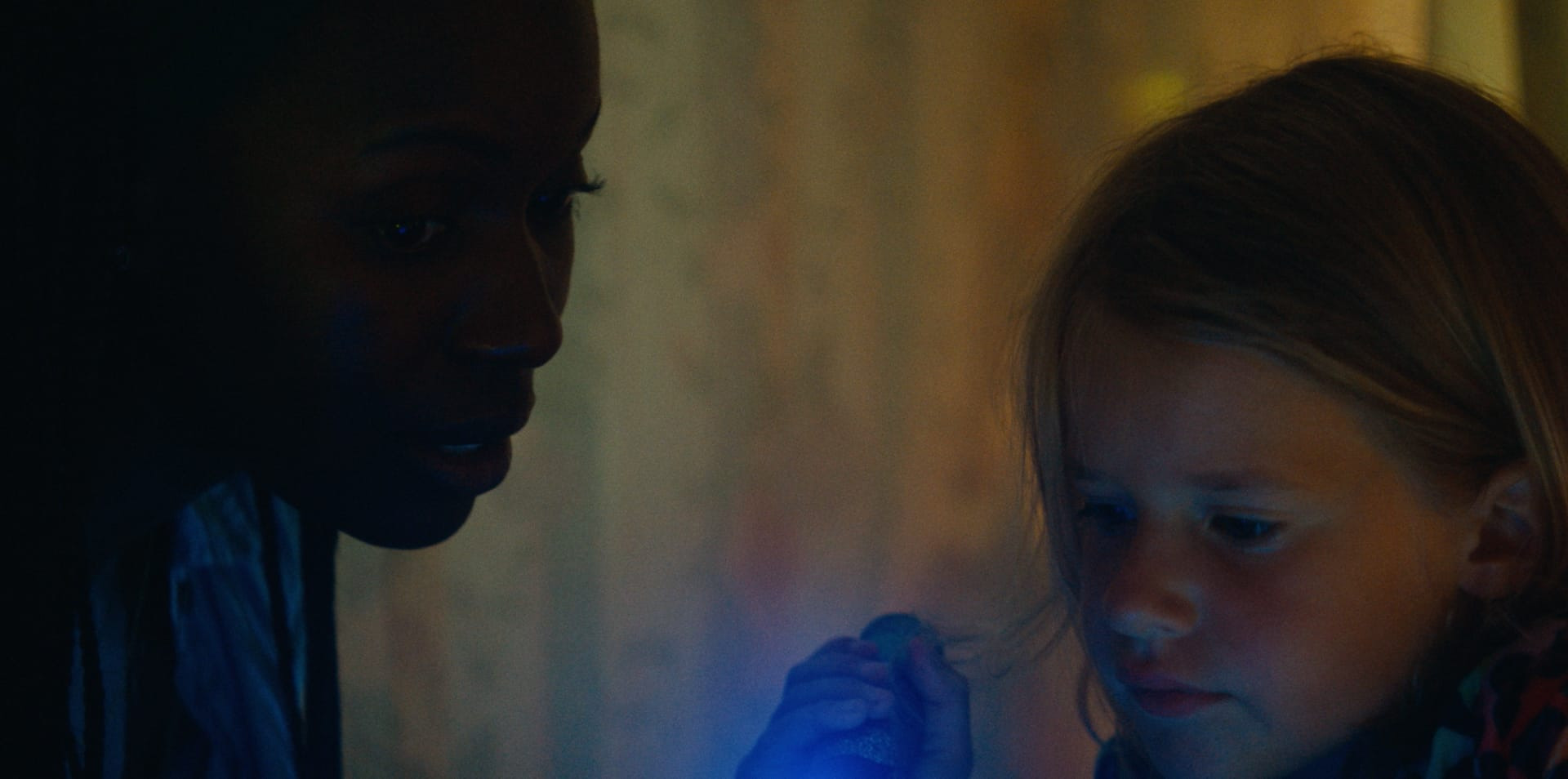Nanny: Troubled Water

Motherhood is the original wound. Whether personally experienced or merely witnessed, it exposes the fleshy complexities of humanity that many of us would rather not confront. From the all-too-high mortality rates of birthing people in this country to the commodification of the body implicit in transactions like surrogacy, the political and ethical problems that surround motherhood show how it intersects with some of the most fraught issues in modern life: class, race, gender, capitalism, the limits of individual autonomy. And because it cannot be separated from these issues, motherhood is also inextricably linked with the porous borders that Western culture nonetheless seeks to enforce: boundaries between nature and society, logic and emotion, love and loneliness. “What the pain of mothers must never expose,” Jacqueline Rose writes of our cultural expectations in her monumental 2018 book Mothers: An Essay on Love and Cruelty, “is a viciously unjust world in a complete mess.”
It is this unjust world that director Nikyatu Jusu’s debut feature, Nanny (2022), reveals through the story of Aisha (Anna Diop), whose identity as a Black immigrant mother renders her vulnerable to the brunt of American racism. Women like Aisha have long existed on the margins of film history. Across the spectrum of Hollywood cinema, from antebellum epics to lighthearted comedies, characters like her are usually presented as hollow, saintly figures devoid of interiority, who give advice and care but receive nothing in return. Jusu brings this archetype from the periphery to the center. With the full force of her imagination, she examines the complicated nature of Black motherhood, as well as the importance of Black communion as an antidote to racial oppression.
Nanny is a masterwork that functions on several levels. While its use of horror conventions and fabulist tropes may be its most attention-grabbing quality, the film is far richer when understood as a psychological drama that interrogates the ways that anti-Blackness and white entitlement bleed into every layer of American life. Its divine motifs establish a sense of mounting dread, but they aren’t the point in themselves; rather, they are the vehicle through which Jusu explores the psychic forces bearing down on Black people, and honors ancient spiritual narratives that have traveled across the African diaspora. These motifs also offer a lens through which to observe Aisha’s struggle as a young mother who has come from Senegal to the United States in hopes of providing a better life for her son, Lamine (Jahleel Kamara).







